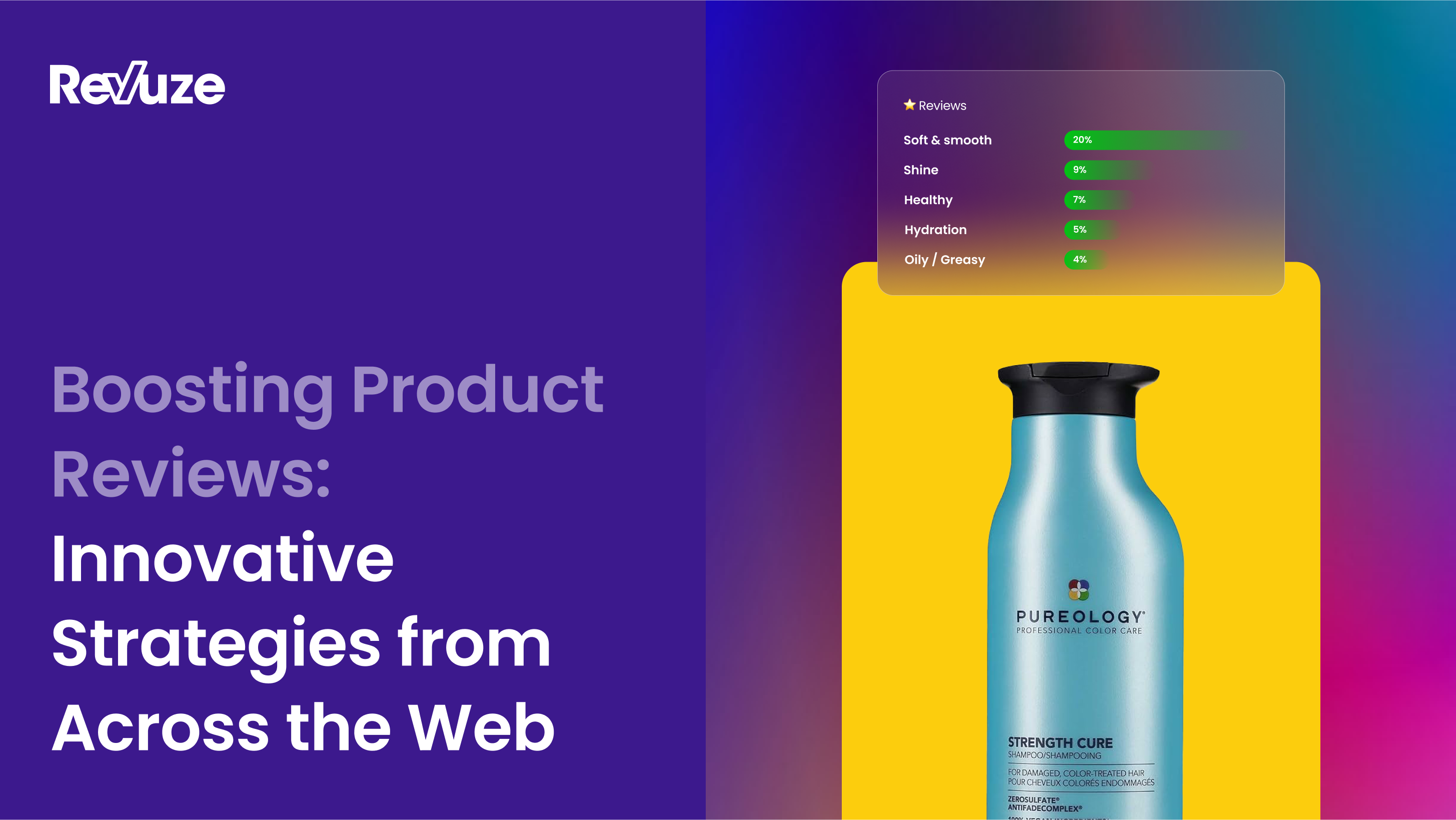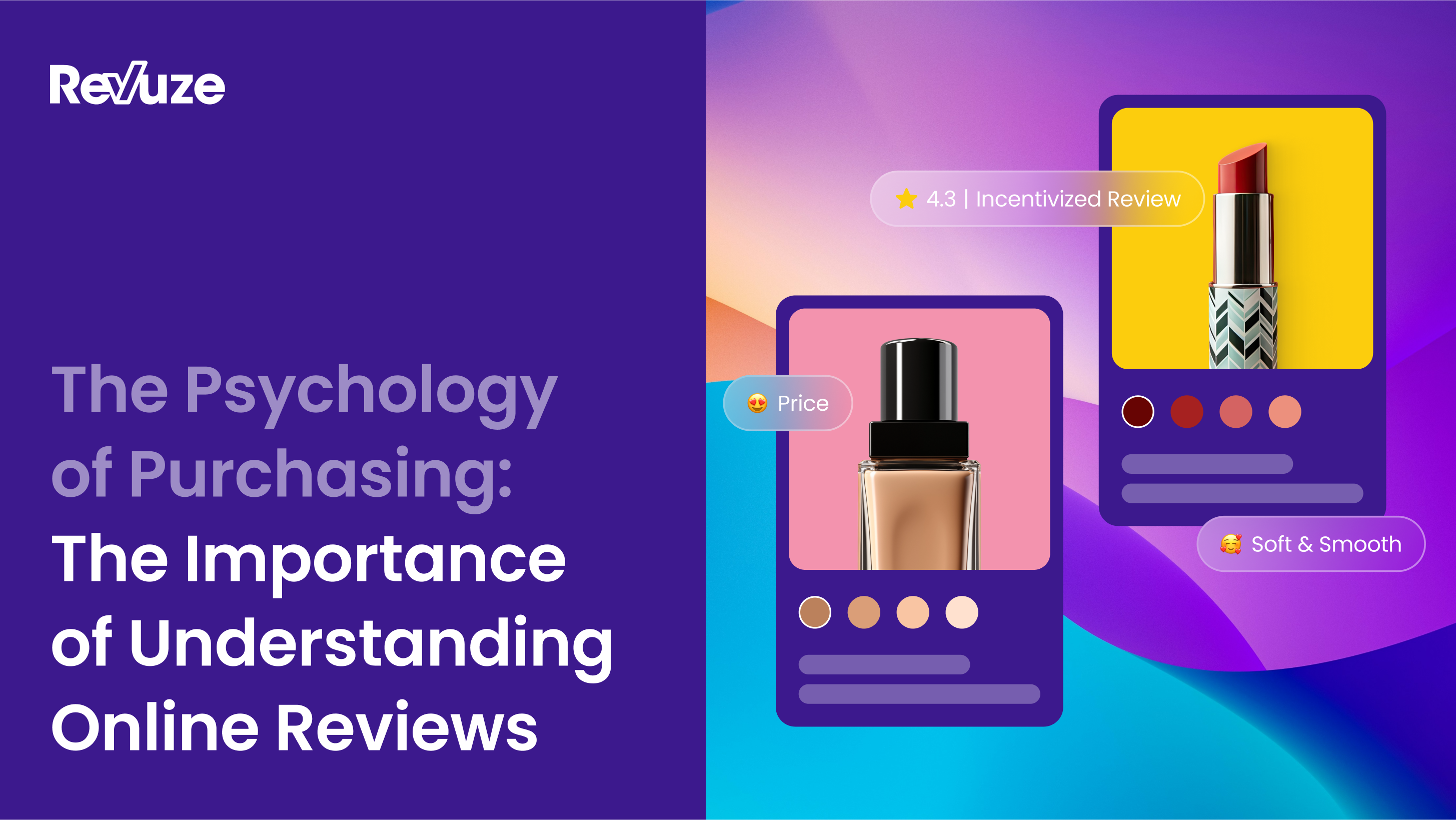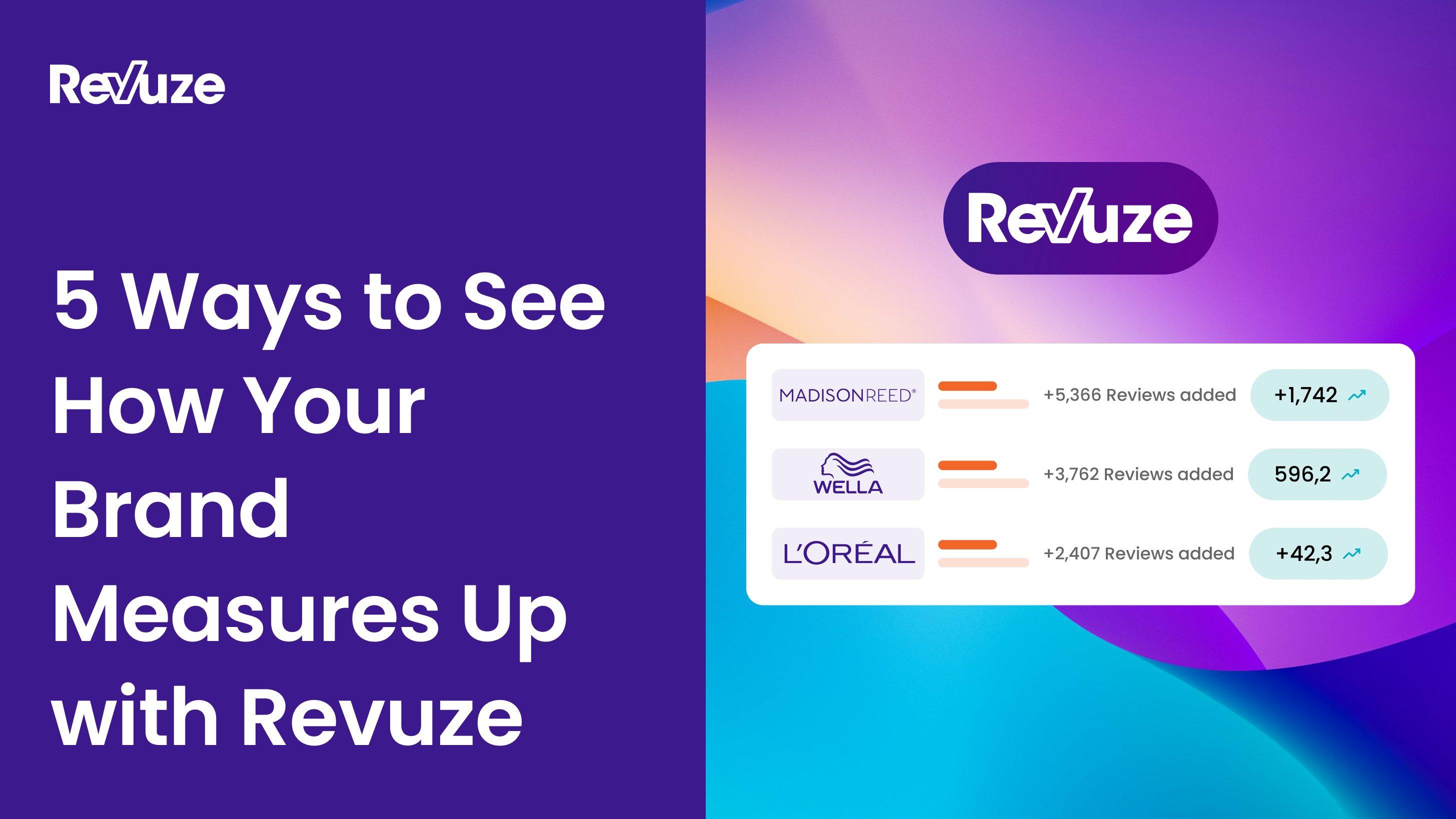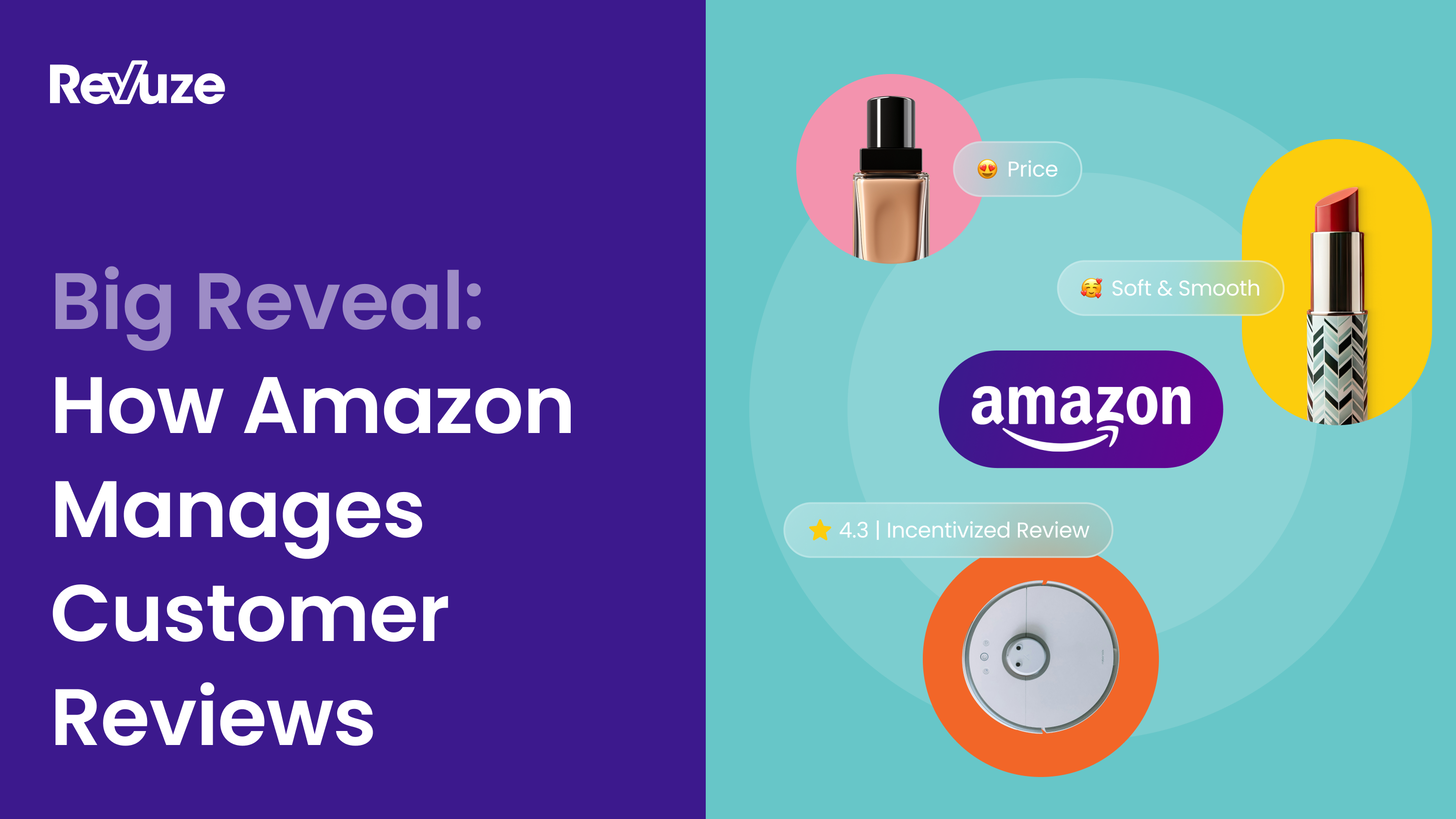
Ever wondered how many consumers actually review products? The fact is, it’s not that many. Only 5-10% of consumers take the time to write product reviews, which is why numerous sites employ various strategies to bolster and incentivize consumers to leave reviews.
This blog will explore some of the different methodologies and strategies used by several channels to ensure a robust review presence. In addition, we’ll look at what’s driving these sites to invest so much in online reviews.
Syndicated Reviews
One of the primary ways that brands are ensuring there is plenty of discussion around their products is by syndicating a review. That means that a consumer may submit a review on one site for a specific product but it may appear numerous times on other sites. In addition, the syndicated review may not even relate to the same iteration of the product; meaning the original review may be about a red lipstick and will appear as a review for a pink lipstick.
That said, review syndication is an accepted practice, and can be found on many different online retail sites. This is achieved using a range of SaaS platforms.
But why syndicate in the first place? Since 93% of consumer base purchasing decisions on reviews, the absence of them on the product page can have a negative impact. Emplifi shares: “While the first 30 reviews on a product page can increase conversion by 25%, showing 100 reviews increases conversion by 37% or more, compared to having no reviews.” Basically, the more reviews, the higher the likelihood of a conversion on the page.
The two reviews below appear on Walmart for Essie nail polish. The page itself has 19 reviews, and many of them have been syndicated from the Essie company site.
Gamification: TripAdvisor & Yelp
Another technique that is especially prevalent among restaurant and tourism sites is gamification. Consumers are awarded badges and points for contributing to the larger community. TripAdvisor and Yelp are prime examples of gamification, which ultimately adds credibility to the reviewer. The more someone contributes, the higher they are ranked.
Why is gamification a successful motivator? Users get a dopamine rush with every milestone reached, satisfying the most primal needs for achievement, increasing engagement by 48%.
Case in point is this TripAdvisor review below. Under the author’s profile name, we see how much he contributed and the number of votes he earned from other community members. Here we see that Alan S made 144 contributions and has 118 helpful votes.
Beyond that, users can explore Alan’s profile even further by delving into the badges he earned from TripAdvisor itself. This is awarded based on the quantity and topics of reviews. For instance, does he always review hotels and attractions? If so,he is dubbed as an expert in those areas.
Yelp, originally a popular site for reviewing restaurants, uses similar criteria for consumers who write reviews. Here we see a snapshot of one user’s profile where she has earned an array of reactions from the Yelp community. The profile highlights the top categories where she submitted reviews.
Classic Incentivized Reviews: Sephora & Ulta
From gamification we shift the lens to look at the classic incentivized review model. This basically means that the consumer receives a free product or coupon to review the product. This practice is highly visible on many cosmetics retailers like Sephora and Ulta.
The review below for Bobbi Brown’s Smoothing Serum on Sephora is marked as being part of a promotional campaign.
 Ulta implements the same methodology across their site. Below is an example of an incentivized review of the Irresistible Rose fragrance. The review is labeled as verified but also that is incentivized with a free sample.
Ulta implements the same methodology across their site. Below is an example of an incentivized review of the Irresistible Rose fragrance. The review is labeled as verified but also that is incentivized with a free sample.

Amazon Vine
There are many methods that Amazon uses to encourage reviews from consumers. However, they have a unique program that takes incentivization to an entirely new level with Vine. Instead of incentivizing reviews for the consumers at large, Amazon uses a sophisticated AI algorithm to identify top contributors. Vine is an exclusive, invite-only opportunity for leading reviewers. Though Amazon doesn’t reveal all the criteria, they do share reviewers who consistently contribute and are appreciated by the community by helpful votes are two factors. Within the rubric of the Vine program, members are sent free products to review for the Amazon buyer community. Their reviews are then clearly marked as being a “Vine Customer Review of Free Product.”
Incentivized Reviews with a Twist: G2 & Capterra
In the last section, we explore incentivized reviews, whereby consumers receive a promotion or coupon to write about a product. Two popular software review sites, G2 and Capterra, both provide the SaaS platform vendors with a budget that they can use to incentivize reviews with their database. For instance, Capterra provides a $300 budget to vendors to send $10 gift cards to reviewers. Incentivization is not unlimited; G2 clearly states that software reviewers can only receive money for the first five product reviews.
The funding limitation may be why G2 shook up its model recently by also including a gamification component where reviewers can also earn badges as an added bonus.
The Motivation for Retailer Investment
So why are all of these retailers jumping through hoops to increase reviews on the product description page (PDP), and motivate consumers to write?
We touched on one reason earlier–simply put, reviews boost conversion rates. Consumers are likely to complete a purchase when a product is reviewed. This electronic word of mouth cannot be undervalued. For instance, five product reviews increase conversions by 270%.
The fact is that consumers equate reviews with trust or credibility. When retailers showcase reviews, labeling them properly, verified or from a promotion, consumers have the context to assess the review and make informed decisions for themselves.
Conclusion
The landscape of online reviews is a complex ecosystem where retailers and platforms deploy a variety of strategies to encourage consumer feedback. From syndicating reviews across multiple sites to gamifying the review process and offering incentives for feedback, these methods highlight the critical role that consumer reviews play in the digital marketplace. They not only serve to enhance product credibility and trust but also significantly impact purchasing decisions. As the digital marketplace continues to evolve, the innovation in review strategies underscores the importance of fostering a transparent, engaging, and trustworthy relationship between retailers and consumers. Whether through syndication, gamification, or incentivization, the ultimate goal remains clear: to build a robust review presence that benefits both consumers and retailers alike, driving informed purchasing decisions and enhancing the overall shopping experience.
 All
Articles
All
Articles Email
Analytics
Email
Analytics













 Agencies
Insights
Agencies
Insights